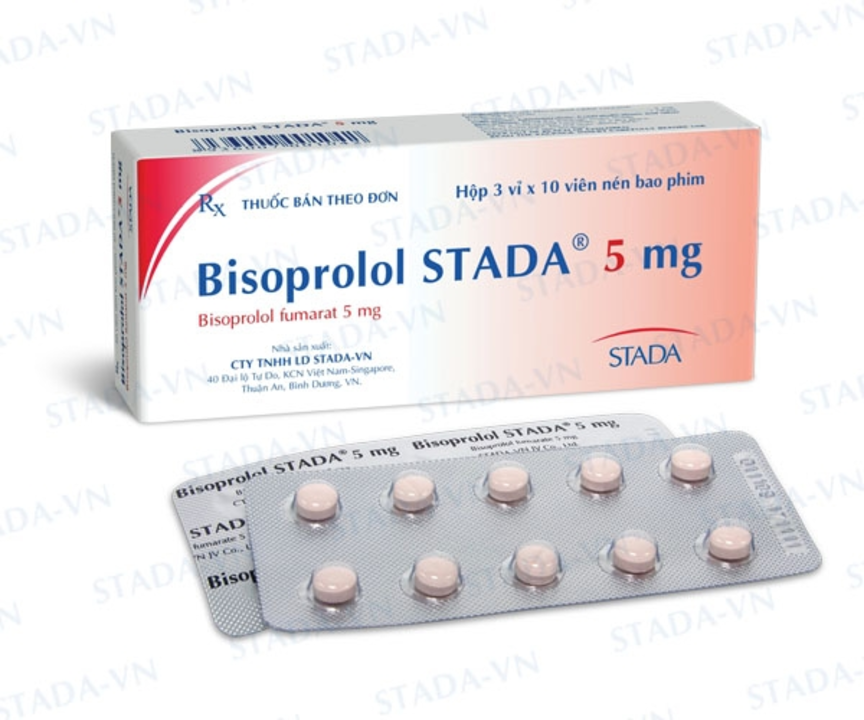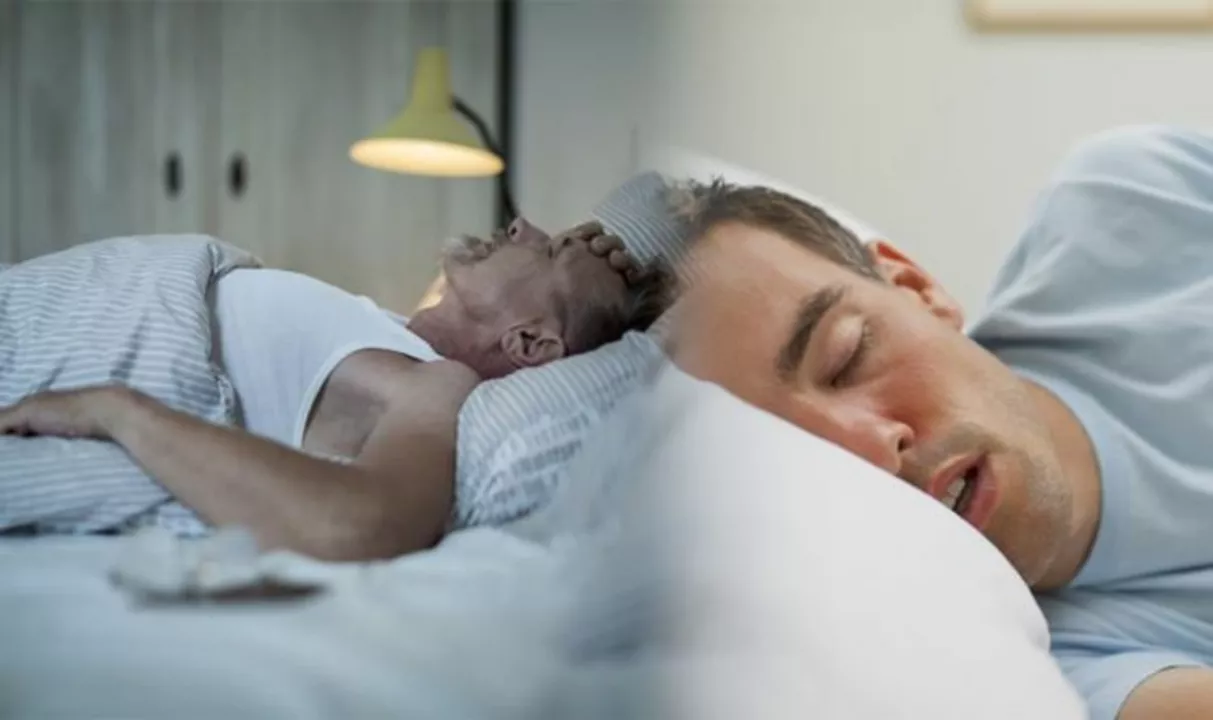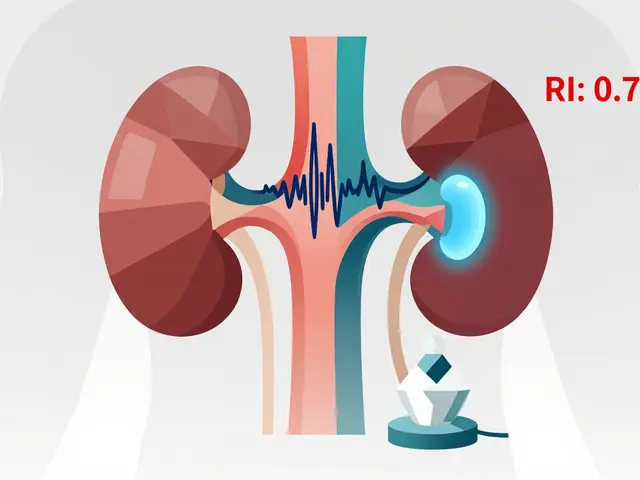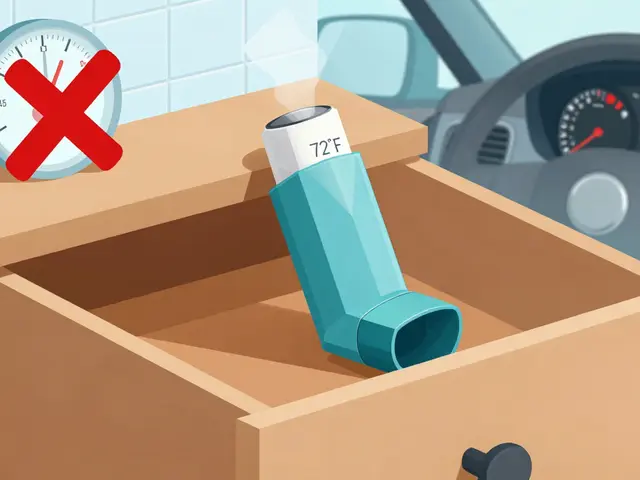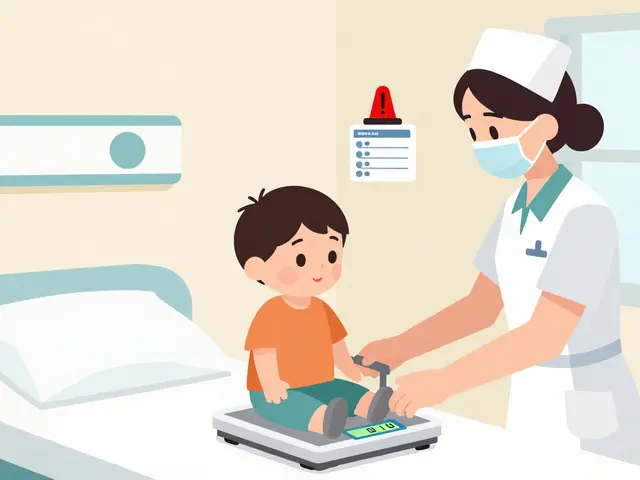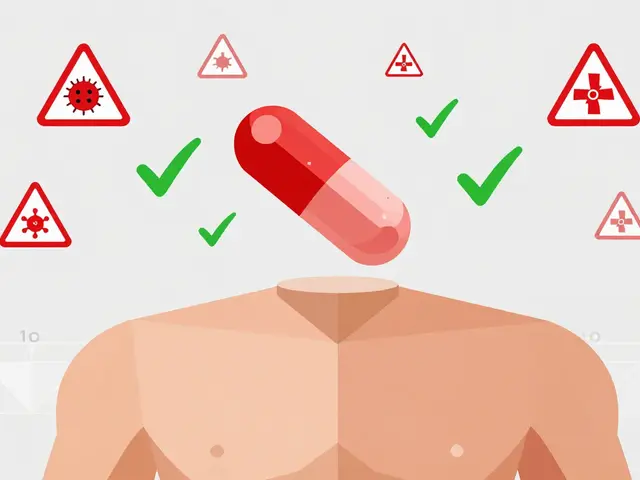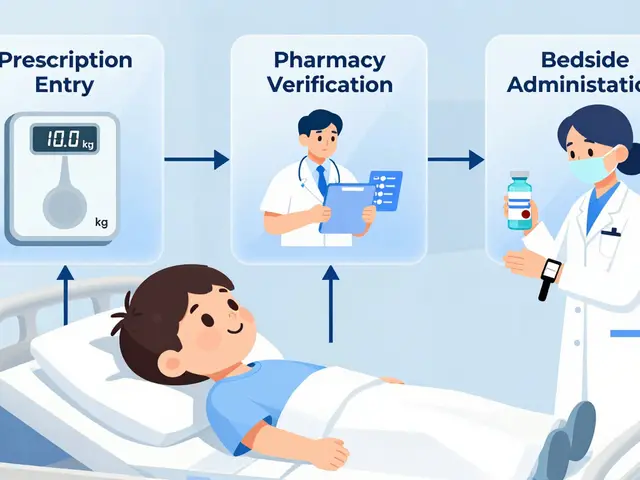Sleep: Practical Tips, Medications that Matter, and When to Get Help
Can’t fall asleep or waking up groggy? You’re not alone. This tag page gathers clear, useful info about sleep problems, how some medicines affect sleep, and safe ways to adjust treatment. Read fast tips, find articles about meds that can help—or make sleep worse—and learn when to call your doctor.
Quick, practical sleep tips you can try tonight
Keep a consistent sleep schedule: go to bed and wake up at the same time every day, even on weekends. Make your bedroom cool, dark, and quiet—small changes like blackout curtains or a fan can help. Cut screens at least 30 minutes before bed; the blue light confuses your body clock. Avoid big meals, caffeine, and alcohol close to bedtime. If your mind races, try a short, timed worry session earlier in the evening so your brain won’t keep replaying concerns at night.
If naps are wrecking your nights, limit them to 20–30 minutes and don't nap late in the day. Use the bed only for sleep and sex—getting work or TV out of the bedroom strengthens the sleep cue. When sleep won’t come, get up and do something low-key until you feel sleepy again; lying awake fuels anxiety and makes insomnia worse.
Medications, side effects, and tapering: what to watch for
Many common drugs touch sleep. Some help you rest, others cause vivid dreams, insomnia, or daytime drowsiness. For example, certain anxiety meds and anticonvulsants can change sleep patterns. Efavirenz (a drug used for HIV) is known to cause vivid dreams or trouble sleeping for some people. Gabapentin can help with sleep in some cases, but stopping it abruptly can trigger withdrawal and disrupt sleep—so tapering under a plan matters. Buspirone (Buspar) affects anxiety and sleep differently than benzodiazepines; real users report mixed effects on rest.
Want a closer look? We’ve collected articles that explain safe buying, side effects, and tapering strategies. Recommended reads here include our gabapentin taper guide for step-down plans, a Buspar overview with user experiences, and a piece on efavirenz (Sustiva) that covers sleep-related effects. If medication may be the cause of your sleep problem, don’t change doses on your own—talk to your prescriber first.
When should you seek help? If poor sleep lasts more than a few weeks, affects daily functioning, or is paired with mood changes, dizziness, or breathing pauses (loud snoring followed by choking), see a clinician. Bring a short sleep diary—times you went to bed, woke up, naps, and any meds. That makes appointments faster and more useful.
Want targeted article suggestions from this tag? Check our guides on tapering gabapentin, real-world Buspar experiences, and medication side effects that influence sleep. All genericmedicine.su has clear, practical info to help you get better sleep and understand your meds without the hype.
As a blogger who values a good night's sleep, I recently researched the connection between Bisoprolol and sleep quality. It turns out that Bisoprolol, a common beta-blocker, may have a negative impact on our rest. Many users have reported difficulty falling asleep, frequent awakenings, and even nightmares. On the other hand, some people experience drowsiness as a side effect. It's important to consult with a doctor if you're taking Bisoprolol and experiencing sleep issues, as they can help determine the best course of action.
Continue reading...
Incontinence can greatly affect our sleep quality, making it difficult to get a good night's rest. To improve our sleep, it's important to maintain a consistent bedtime routine and limit fluid intake before bed. Additionally, using incontinence products like absorbent pads or briefs can help us feel more confident and secure while sleeping. Don't forget to consult a doctor to address any underlying medical issues that may be causing incontinence. Lastly, practicing relaxation techniques, such as deep breathing or meditation, can help us fall asleep more easily and sleep more soundly.
Continue reading...

